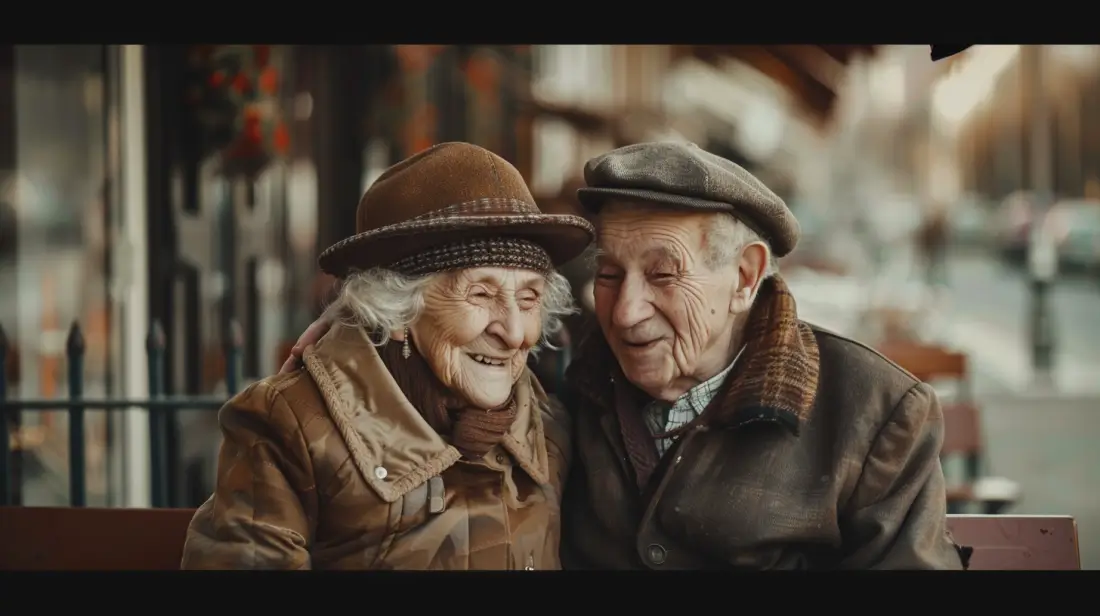No one believes her when she says this…

In the vast and complex landscape of health and wellness, stories of struggle and resilience emerge, painting a picture of human vulnerability and the relentless quest for wellbeing. Amid these narratives, there is one so peculiar and profoundly misunderstood that when she bravely steps forward to share her story, faces turn with skepticism, and whispers of doubt fill the air. No one believes her when she says this, but it reveals a critical issue in our approach to health and wellbeing—a glaring blind spot in our collective understanding and empathy.
The issue at hand is not a novel disease or an exotic pathology. It’s something much more pervasive and intimately woven into the everyday lives of countless individuals. Yet, its commonplace nature is precisely why it’s so easily overlooked and dismissed. When she speaks of her struggles, her symptoms, the invisible barriers that she faces daily, her words are met with disbelief. “It can’t be that bad,” they say, or worse, “It’s probably all in your head.”
This pervasive disbelief stems from a fundamental misunderstanding of health as a concept that is exclusively physical or easily seen. Our society glorifies the tangible and quantifiable—something that can be measured, diagnosed with tests, and observed with the naked eye. This bias leaves little room for the complexities of conditions that don’t conveniently fit these criteria, especially those involving mental health or chronic, unseen physical ailments.
The disbelief and skepticism she faces are not merely demoralizing; they are actively harmful. They erect barriers to seeking help, to receiving empathy and support from friends, family, and even healthcare professionals. This skepticism perpetuates a culture of silence, where individuals feel isolated in their suffering, deterred from speaking out for fear of being dismissed or not taken seriously.
Moreover, this issue of disbelief is not just personal; it’s systemic. It highlights gaps in healthcare training, where professionals may not be equipped to recognize or validate health concerns that lack overt signs or straightforward diagnostic tests. It undermines research efforts into conditions that are poorly understood, underfunded, and often dismissed as less serious or impactful than they truly are.
Addressing this problem demands a shift in how society perceives and talks about health and wellbeing. It requires a broadening of our collective empathy, an expansion of our definition of health to include the unseen, the complex, and the difficult-to-quantify. Education plays a crucial role, both within the healthcare profession and the general public, to foster understanding and validation of these invisible struggles.
Raising awareness is the first step in legitimating her story and the stories of many others like her. It starts with listening, truly listening, without prejudice or preconceived notions. From there, it moves to advocacy—fighting for more comprehensive healthcare policies, for research, for recognition, and for support systems that acknowledge and address the full spectrum of health challenges.
No one believes her when she says this, but that can and must change. The resilience lies not only in her continued fight for validation and understanding but also in the collective action of a society willing to learn, to adapt, and to embrace the full complexity of human health and wellbeing. Together, we can move toward a future where no one has to suffer in silence, and every story of struggle is met with empathy and belief.